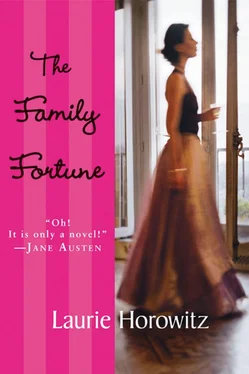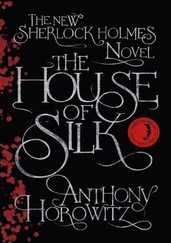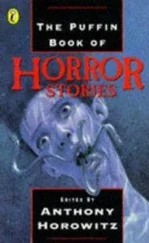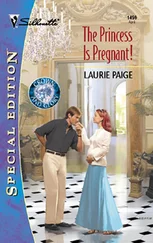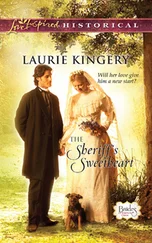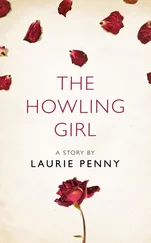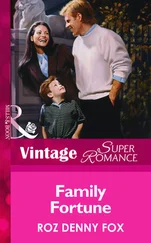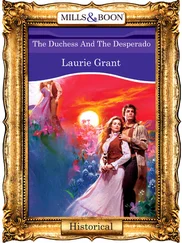Tad finished reading “Boston Tech” and looked up with the glazed expression of someone who’s been far away.
“It’s awesome,” he said. That was high praise for Tad, though it was a word I would have liked to cure him of. So few things in life were really awesome, and it was such a wonderful word when used sparingly. But maybe, this time, he was right. Maybe “Boston Tech” was awesome.
“Should I call Bentley?” I asked.
Tad brandished a pile of stories.
“I haven’t found anything as good as this,” he said. “I don’t think you’ll find another one as good.”
“I know.”
With Tad listening on the other line, we called Bentley.
“I want to call this Jack Reilly right away,” I said.
“I’d like to read the story first,” he said.
“Then meet me. Meet me now, and I’ll give it to you.”
“I can’t meet you until later,” he said. “I have a class to teach.”
“Six o’clock at Finn’s, then?”
“Okay.”
Bentley now lived on the other side of the Charles River. He moved there after he married Melody James, who inherited a two-family clapboard house in Somerville. It was convenient, since Harvard had snatched him away from Wellesley. His work with the foundation had given him a reputation for literary discrimination and taken his career to a new level.
I didn’t know what to do with myself for the rest of the afternoon. I was too excited to sit in the office, so I packed all the stories into my tote.
“How old is that bag?” Tad asked. He seemed to have a new haircut every week, and this week’s caused him to keep pushing his bangs out of his eyes.
“Older than you are,” I said, “and your point?”
“It’s ancient, stained, and ugly. You could use something new. Ever think of getting rid of that Talbots look and going for something a little more hip?”
“I don’t shop at Talbots and this bag is fine. The best thing about it is it will last forever.”
“No, Jane, that’s the worst thing about it.”
“I’ll take that under advisement,” I said.
I decided to kill some of the time before meeting Bentley by walking over to the Gardner Museum. I could have some lunch, then wander upstairs to see if Euphemia was still there. She would be, of course. She was in a painting and therefore trapped. Besides, even if she could walk away from her spot in that second-rate painting on the third floor, I didn’t think she’d have the nerve.
Chapter 6
Jane Fortune and Evan Bentley confer
Finn’s was a small restaurant-bar on Beacon Street on the Brookline-Boston border. From Kenmore Square to Finn’s you pass several neighborhoods and you can easily slip from a safe one to an unsafe one just by taking a few steps in the wrong direction.
Finn’s is on the safe side of the line, a neighborhood full of brick town houses that have been converted into apartments and student housing.
The first time I ever went to Finn’s, I was meeting Bentley to convince him to come help me with the fellowship and the Review. I had recently graduated from Wellesley College. Wellesley College was argyle kneesocks and wool skirts. It was field hockey and long afternoons staring at the ducks in the pond while doodling poetry on thick white tablets. They say that going to a women’s college is good for a girl’s self-esteem. I think it would have worked for me if I hadn’t been derailed by my mother’s illness. I couldn’t locate my self-esteem for a while after that.
Since Bentley was a “blocked” writer, he spent his days advancing the crushes his students had on him. I hadn’t been one of those students. His bad-boy tweed and air of dissipation hadn’t impressed me. Still, he was the only published author I knew, so I called him to ask if he would help me with my project.
“Which one were you?” he asked on the phone.
“Jane Fortune.” I had already given my name. I gave it again while I tried to think of something about me he might remember, but I couldn’t think of anything that made me stand out from the other girls.
While I was still thinking he said, “I remember you. I remember the journal you wrote in my class.” Evan Bentley had his students keep a journal about the books he assigned us. We were supposed to write as we went along, but I ended up pulling an all-nighter and writing the journal in a frantic rush. He gave it back to me with an “A++” written at the top. Thanks to Bentley, I still keep a journal.
Bentley agreed to meet me at Finn’s that long-ago afternoon. When I arrived, I opened the door to a windowless calm. Everything about the place was muted. It was four o’clock and the bar was empty except for two barflies, an ancient waitress, a boy bartender with braces on his teeth, and Bentley, who stood when he saw me and pointed to the stool beside him.
I hoisted myself up and tried to find a place for my pocketbook. It was a green leather Kelly bag that had belonged to my mother and I wore it like courage. I held it in front of me, then put it on the bar, but it looked awkward there, so I dropped it to the floor and worried about what detritus was going to end up stuck to its bottom.
“Thank you so much for meeting with me, Professor Bentley,” I said. I was attempting to play the role of confident patroness of the arts.
“It is my pleasure, Miss Fortune, but call me Bentley. I find the ‘Professor’ highly superfluous.”
I didn’t know if I could lose the “Professor.” I was brought up in a formal household.
Bentley was attractive enough for an older man, if you liked his type. Floppy brown hair, a five o’clock shadow, and baggy khakis falling over a pair of loafers.
“I’d like to buy you a martini,” he said. “Do you drink martinis?”
“I’ve never had one,” I said.
“Then it would be my pleasure to buy you your first.” He waved at the elderly waitress and called her Mary. She got up from where she was chain-smoking at a back table and left her cigarette burning in the ashtray.
I wasn’t sure I wanted a martini but I didn’t want to appear unsophisticated, so when it came with its three gigantic olives on a toothpick, I sipped it and wondered why anyone would voluntarily drink something so vile. I have since acquired a taste for martinis. Bentley had a scotch. He drank the amber liquid with gusto, licked his lips when he was finished, and immediately ordered another.
I told Bentley how much I had liked his book. I took it out of my bag so he could sign it. I checked the bottom of my bag with a surreptitious swipe of my hand.
“You’re a very pretty girl,” Bentley said after his third scotch.
“Thank you,” I said.
“And rich,” he said.
I shrugged and blushed. I didn’t like talking about money. We didn’t talk about money in my family. (To our detriment, as it turned out.) Besides, I had yet to come into my trust, and even that wouldn’t make me what we’d call rich.
“Rich is rich,” he said. “I grew up poor. Very poor. You know what my first job was?”
“No,” I said. Of course I didn’t.
“I sold Bibles door-to-door.”
I had never met a Bible salesman before. It sounded so fictional, so Paper Moon .
“Well, you’ve written a wonderful book,” I said.
“It ain’t the Bible.” He smiled. “And wonderful books don’t always translate into money.” Fourth scotch. “So how much would I make?” he asked.
“For what?”
“For helping you with your little project?”
I hadn’t even thought of that. How naïve could I be? My mother had arranged for a stipend for me, but I didn’t even think about paying Bentley.
Читать дальше
